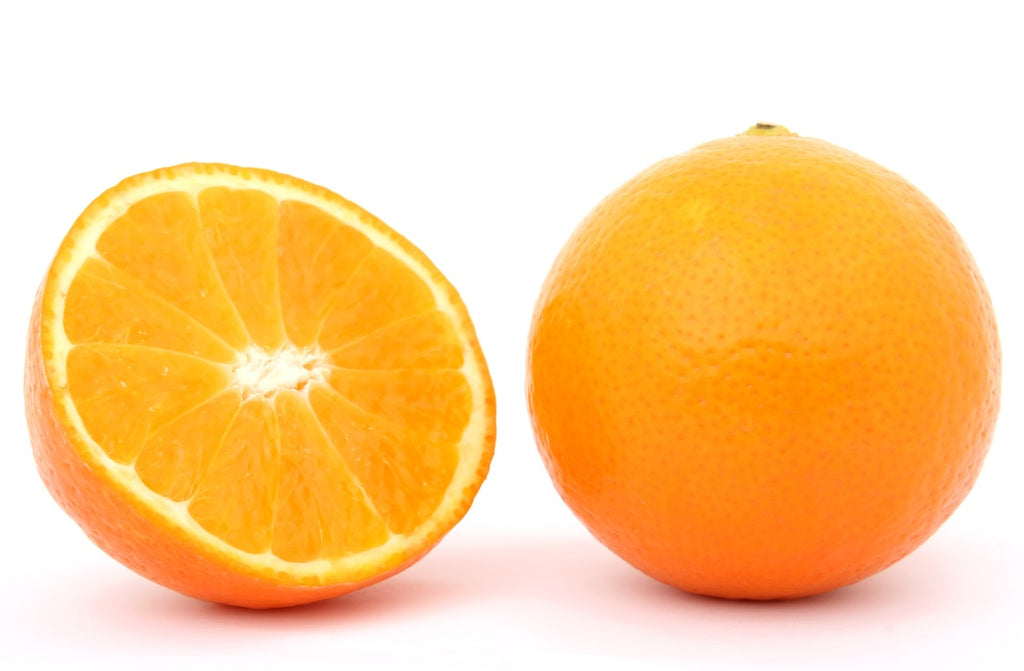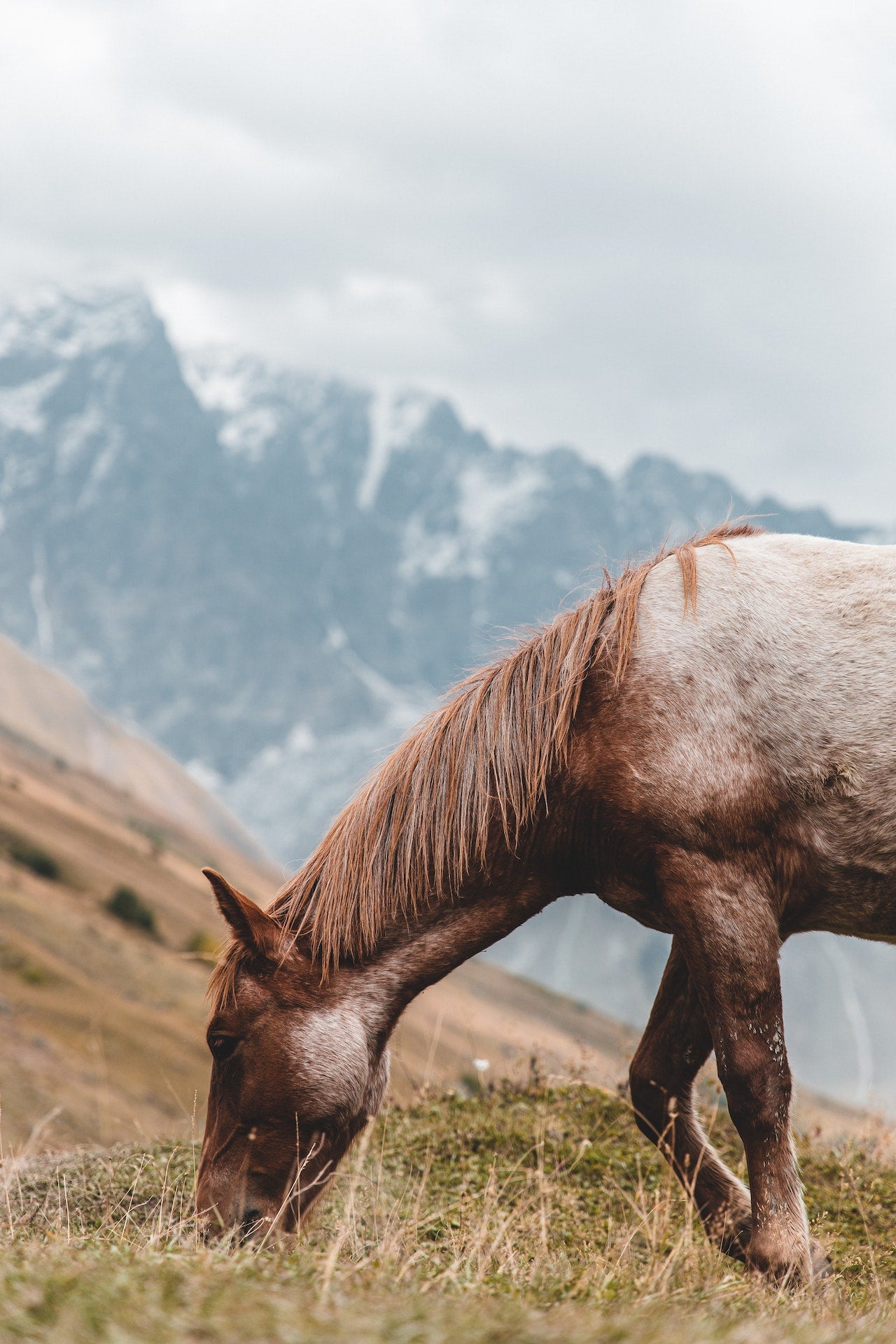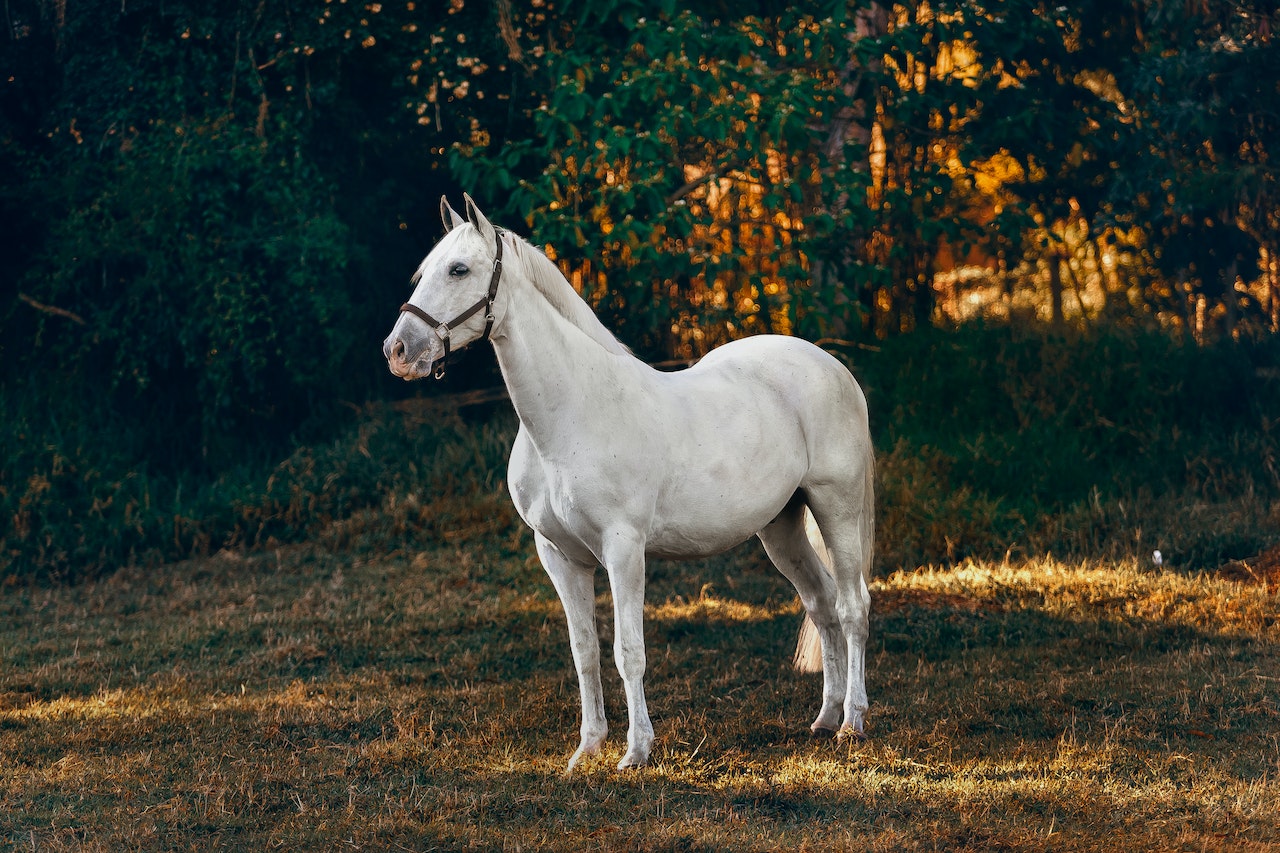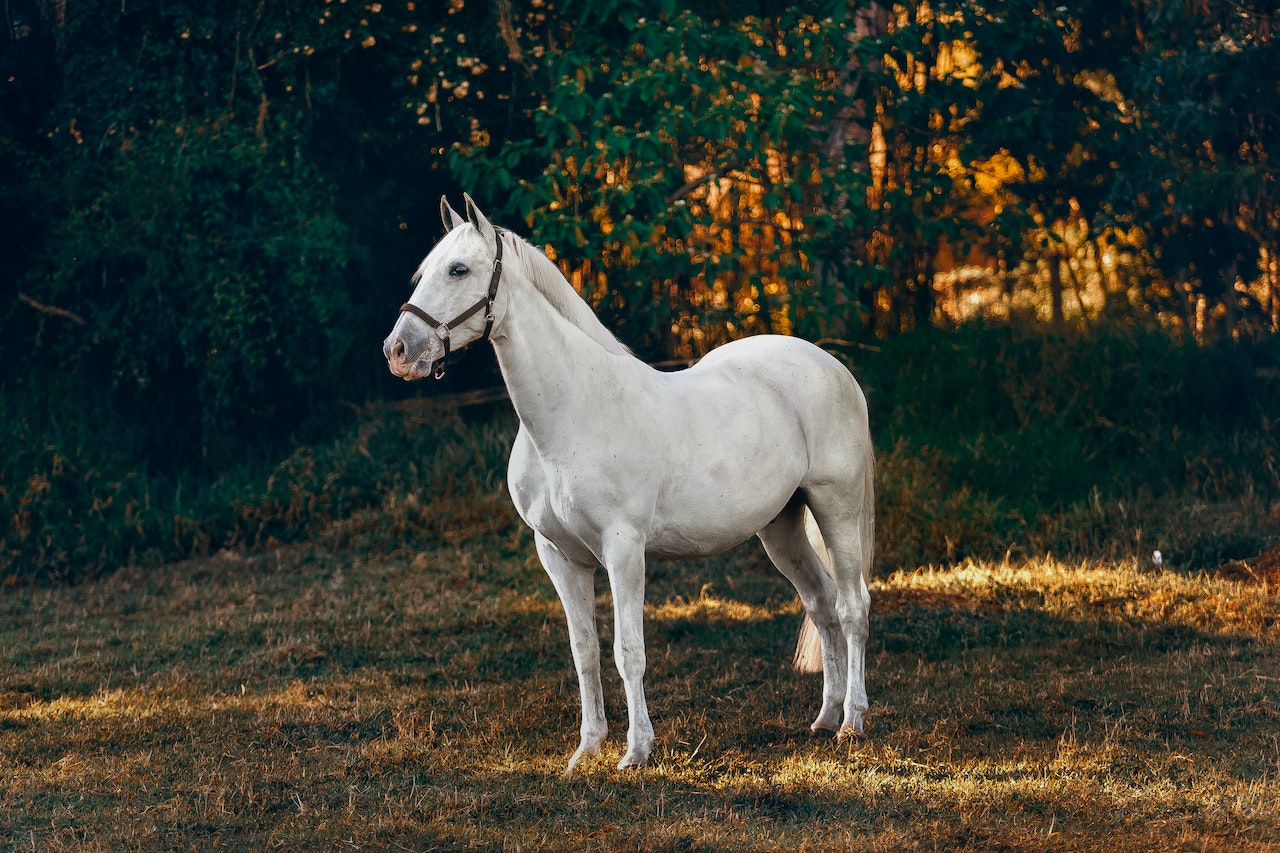
A Nutritional Powerhouse: The Benefits of Feeding Horses Oranges
Horses have a varied diet, and owners are always looking for new and interesting foods to incorporate into their horse's nutrition. One such food that has gained attention in recent years is oranges. Oranges are sweet, juicy fruit that is rich in vitamins and minerals, but can horses eat them?
Feeding oranges to horses can be an excellent way to provide essential vitamins and minerals while also adding flavour to a horse's diet. Oranges offer a good source of vitamin C and potassium. They also contain natural sugars and some fibre, which can help to keep a horse’s body hydrated and provide necessary nutrients. However, too much orange can hurt a horse's digestion and lead to stomach upset. As such, it is important to understand the benefits and risks associated with feeding oranges to horses to feed them safely and in moderation.
This article will explore the nutritional value of oranges for horses, how to properly prepare and feed oranges to horses, when to limit or avoid feeding oranges, and tips on incorporating oranges into a healthy horse diet.
Can Horses Eat Oranges?
Yes, horses can eat oranges. Oranges are an excellent source of vitamin C and potassium for horses, and they can provide much-needed hydration on hot days. They also contain natural sugars and some fibre. However, it is important to note that oranges should only be given in moderation to avoid stomach upset or digestive problems in your horse.

About Oranges
Oranges are a type of citrus fruit that grows on evergreen trees, primarily in warm climates such as Florida, California, and Brazil. There are many varieties of oranges, each with its unique flavour and appearance. Some of the most popular varieties include navel, Valencia, blood, and mandarin oranges. Oranges are typically eaten fresh, squeezed for juice, or used as an ingredient in cooking and baking.
They contain a variety of essential vitamins, minerals, and antioxidants that make them incredibly healthy. Oranges also contain high levels of vitamin C, fibre, and natural sugars that provide a variety of health benefits. They also contain significant amounts of other vitamins and minerals, such as thiamine, folate, and potassium.
In addition to their nutritional benefits, oranges have been associated with several health benefits. For example, the high vitamin C content in oranges can help to boost the immune system and prevent colds and flu. Oranges are also rich in antioxidants, which can help to reduce the risk of chronic diseases such as heart disease and cancer.
Nutritional Benefits of Oranges for Horses
Some of the nutritional benefits of oranges for horses include:
Rich in vitamin C
Oranges are a great source of Vitamin C and can help a horse stay healthy. Vitamin C is an important nutrient for horses, as it helps keep their immune system and bones strong. Vitamin C is also involved in the production of other nutrients, such as collagen and iron. Additionally, Vitamin C helps protect a horse's cells against free radicals and can help promote healing.
Good source of potassium
Potassium is an important mineral for horses, as it helps maintain proper muscle and nerve function. Oranges are a great source of potassium and can help keep your horse's electrolyte levels balanced. Additionally, potassium helps regulate blood pressure and helps by protecting against muscle cramps and fatigue.
Rich in fibre
Fibre is an essential nutrient for horses and oranges are a great source of it. Fibre helps with digestion and absorption of nutrients, as well as weight management. Additionally, fibre helps maintain intestinal health and can aid in preventing colonic diseases.
Oranges help to rehydrate horses
Oranges are a great source of hydration for horses due to their high water content. The natural sugars and electrolytes found in oranges also help rehydrate horses, as they help to replace lost minerals and fluids.
A good source of antioxidants
Antioxidants play an important role in a horse's health, as they can protect cells from damage caused by free radicals. Oranges are packed with antioxidants such as vitamin C, vitamin A, and carotenoids. These compounds provide horses with an effective way to fight off oxidative stress, which can lead to various health issues.

How to Feed Oranges to Horses
In small amounts and mixed with other foods
Mixing oranges with other foods is an important part of incorporating them into a horse's diet. Oranges should be fed to horses in small amounts, as too much can cause digestive upset or other health problems. Additionally, it is important to keep track of how much vitamin C, sugar, and glucose is in the food to make sure the horse does not receive too much.
Incorporating oranges into a healthy horse diet
Incorporating oranges into a horse's diet is an important part of making sure it gets all the nutrition it needs to be healthy. Oranges should be given in moderation and as part of a well-rounded diet. This can include fresh hay, grasses, grains, and other feed, as well as certified organic supplements. Additionally, it is important to make sure the horse has access to plenty of clean drinking water and is getting plenty of exercises regularly.
Adverse Effects of Feeding Oranges to Horses
Feeding large amounts of oranges to horses can have adverse effects on their health. Oranges are high in sugar and acid, which can cause digestive upset and potentially serious health issues in horses. Here are some potential adverse effects of feeding oranges to horses:
- Colic: The high sugar content in oranges can cause digestive upset and lead to colic, a serious and potentially life-threatening condition in horses.
- Diarrhoea: Oranges are also high in acid, which can irritate the lining of a horse's stomach and lead to diarrhoea.
- Insulin resistance: Horses that consume large amounts of sugar, such as from oranges, may become insulin resistant, which can lead to health issues like laminitis.
- Dental problems: The acid in oranges can also erode a horse's teeth over time, leading to dental issues and pain.
- Imbalanced diet: If oranges are included in a horse's diet without consideration of the horse's overall nutritional needs, it can lead to an imbalanced diet that may not support the horse's health and performance.
Concluding Words
Oranges can provide several benefits for horses in terms of nutrition and hydration. However, it is important to be mindful of the potential risks associated with feeding horses too much orange and to always feed it in moderation. By incorporating oranges into a horse's diet responsibly and carefully, owners can help ensure their horse stays healthy and happy.



